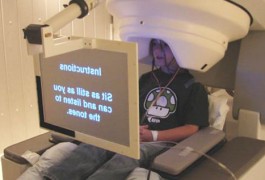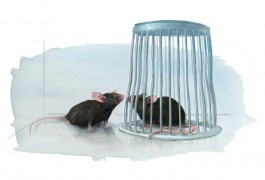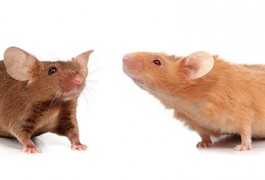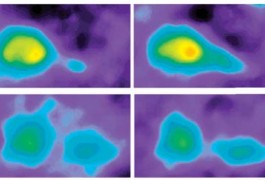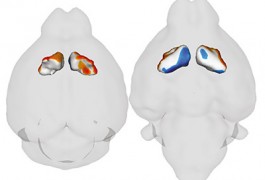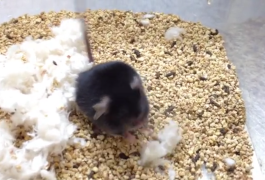Autism-linked DNA deletion slows brain response to sound
Children missing a stretch of chromosome 16 known as 16p11.2 process sound a split second slower than typical children do. The findings suggest that genes encoded in the 16p11.2 region may underlie the hearing delay seen in some people with autism.
